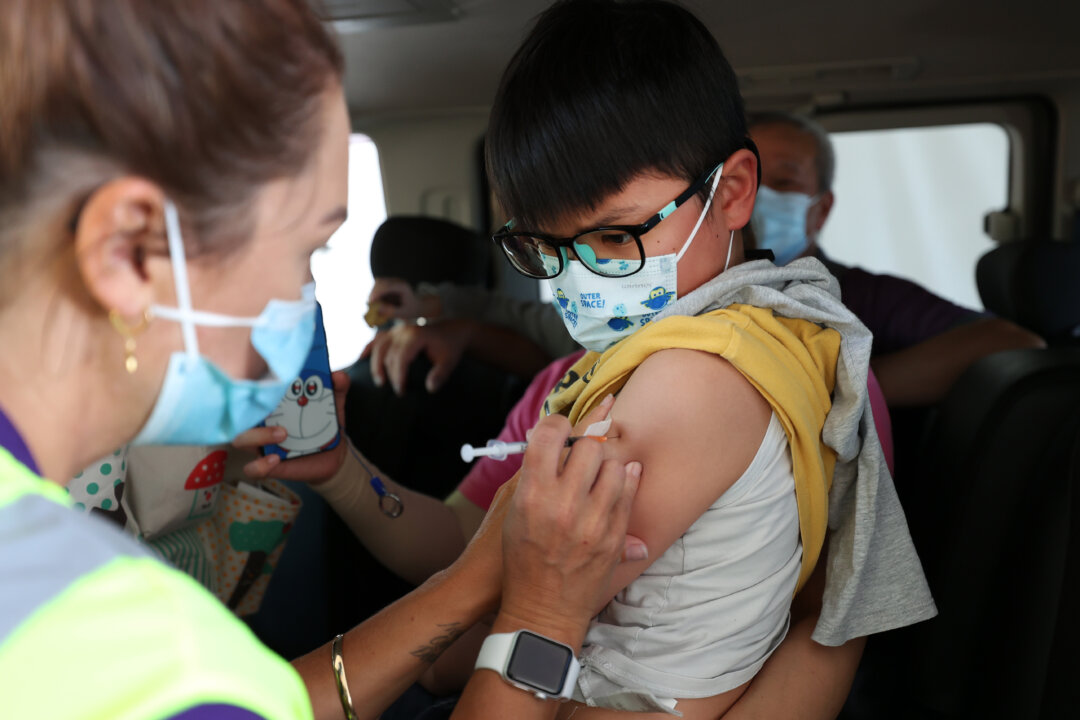New Zealand’s health commissioner has found the GP failed to provide appropriate care to the woman, who died of a thromboembolism.
A health commissioner has concluded that a woman, with a rare genetic disorder, found dead in her bed four days after receiving the Pfizer COVID-19 vaccination was not given appropriate care by her GP.
New Zealand’s Health and Disability Commissioner has ordered the doctor write a letter of apology to the patient’s family.
Although the exact genetic disorder isn’t specified, the report says it “can be complicated by cardiovascular disease.”
The woman’s family described her reaction as “immediate and obvious” and said there was a “very noticeable change” in her condition. Her mother said that while they were in the recovery area, her daughter’s hands were “very cold,” and she had a changed skin tone.
On the advice of the vaccination site’s coordinator, she went to the local public hospital’s urgent care clinic.
The doctor’s notes say the patient, who is referred to as “Ms. A” throughout the report, felt “heavy and weak,” and had blood pressure and a pulse rate that was deemed “unusual” for the patient.
The clinical notes taken at that time state: “? reaction to COVID vaccine.”Despite her also recording an abnormal electrocardiograph (ECG) the locum GP sent her home without further investigation.
Ms. A’s mother described her as being unable to move her left arm and still having very cold hands. Four days later, she found her daughter unresponsive in her bed.
The post-mortem report stated that there was no indication that the woman had suffered an acute reaction to the COVID-19 vaccine and that, given her pre-existing conditions, “there was a risk of sudden death which could have occurred at any time.”
These included severe coronary atherosclerosis (narrowing of the coronary arteries), the genetic disorder, hypertensive heart disease, and mitral valve disease.
The Coroner found that Ms. A died of natural causes, namely a thromboembolism (blood clot) in the left lung.
But while Deputy Health and Disability Commissioner Vanessa Caldwell found she did not receive an appropriate standard of care from the doctor, there is nothing in a decision to say whether the death was preventable.
“The purpose of this report is not to determine the woman’s cause of death, but to assess the standard of care provided to the woman at the time of the events,” Caldwell wrote.
The GP was found to have breached Ms. A’s consumer rights by failing to discuss the abnormal ECG results with a relevant specialist or compare them with one of the woman’s previous ECGs.
“I acknowledge that Dr. B has expressed his apologies to Ms. A’s whānau [extended family] … for not following up on the ECG as he had intended, and the whānau has been forwarded copies of those communications.
“In my provisional opinion, I considered that it might also be beneficial for the whānau to receive a written apology from Dr. B directly addressed to them, for the breach identified in this report. Dr. B has provided HDC with a written apology, which has been forwarded to Ms. A’s whānau.
“I am satisfied that Dr B has reflected appropriately on the care he provided to Ms. A, and that no further recommendations are necessary.”
The medical centre’s staff submitted evidence that they had attempted to lodge an adverse event report with the Centre for Adverse Reactions Monitoring (CARM) through the Ministry of Health’s online system. However, due to technical issues, the report was not completed until four days later.

